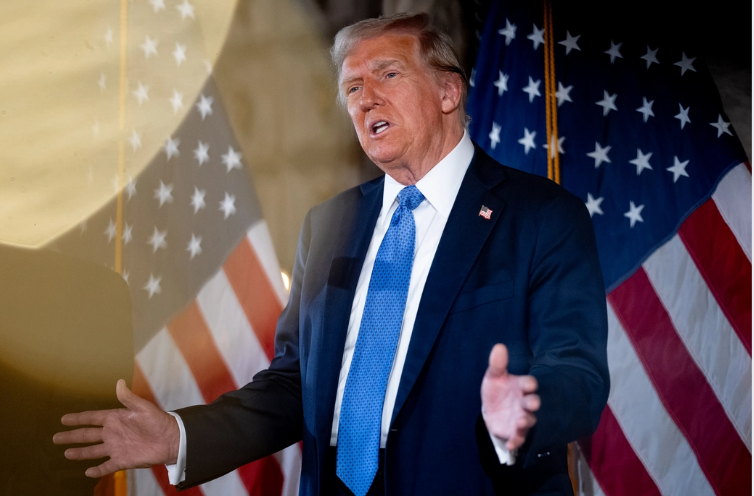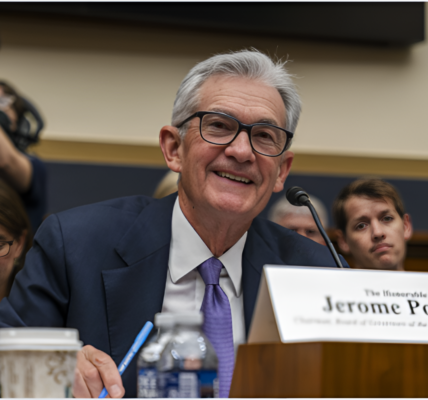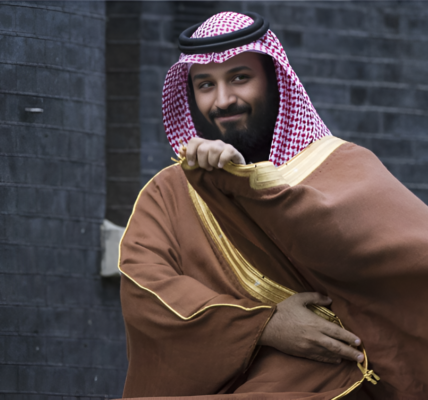
Wherever I’ve traveled over the past year, I’ve encountered a world teetering between peril and promise. As we step into 2025, that precarious balance feels more pronounced than ever.
On one side, the shadow of global conflict looms large, threatening to break into open warfare. Yet, juxtaposed against this is a wave of optimism fueled by transformative scientific and technological innovations, reshaping our world in ways once thought impossible. Adding to this whiplash effect is an undercurrent of unspoken truth: despite criticisms, there remains a global yearning for American leadership—even in the age of Donald Trump.
The past year saw seismic political shifts across democracies worldwide. From Mexico to South Africa, India to Europe, voters demanded change, often at the expense of incumbents. Even the United States experienced its own tectonic shift with Donald Trump’s return to the White House. Meanwhile, the authoritarian regimes of China, Russia, and Iran were battered not by elections but by geopolitical and economic turbulence.
This new chapter will hinge on how Trump navigates a reconfigured world. Unlike his first term as an insecure outsider, Trump now enters with confidence, a clearer mandate, and his trademark bravado. His administration, flanked by figures like Elon Musk, promises disruption—not only in U.S. governance but also on the global stage.
The question is whether Trump’s “America First” ethos can evolve into the kind of robust international leadership needed to counter a trio of emboldened adversaries: China, Russia, and Iran.
The Autocrats’ Predicament
China’s economy is sputtering, its share of global GDP shrinking since 2021. Its population is declining, recently overtaken by India’s, and its once-unstoppable growth narrative is fading. Meanwhile, Russia’s prolonged war in Ukraine strains its economy and military, with NATO analysts suggesting Moscow may not sustain the conflict beyond 2026. Iran, reeling from the collapse of its Middle Eastern proxies and the fall of Bashar al-Assad in Syria, faces rising domestic and regional instability.
But their vulnerabilities make them dangerous. Foreign misadventures have been a go-to tactic for Beijing, Moscow, and Tehran to project strength and distract from internal fragility. Xi Jinping eyes Taiwan, Putin looks beyond Ukraine, and Iran flirts with nuclear escalation. For these regimes, America’s resolve—or lack thereof—will be decisive.
America’s Moment
Despite its challenges, the U.S. ends 2024 in a position of strength. Its economy boasts the highest growth and lowest inflation among G7 nations. American universities remain magnets for global talent, and its dominance in finance and AI is unmatched. Yet, perception is as crucial as reality. Trump’s approach could either solidify America’s standing as a strong leader or erode its credibility among allies and adversaries.
In the Middle East, Israel’s triumphs in Gaza and Lebanon and Assad’s downfall create an opening for a regional settlement, potentially normalizing Saudi-Israeli relations. But this delicate balance hinges on America’s ability to steer the process. Iran, weakened but unpredictable, could seek nuclear escalation or prompt preemptive action from Israel.
In Ukraine, the stakes are higher. Putin views the war as existential, and Beijing, a quiet supporter, sees Russia’s success as its own. How Trump handles Ukraine will reverberate across Asia, where U.S. allies like Japan and South Korea watch closely for signs of America’s commitment to countering Chinese aggression.
The Trump Factor
Allies are cautiously optimistic—or at least hopeful—that Trump’s pragmatic, results-driven style could yield a more decisive American foreign policy. Critics of the Biden administration lament a lack of strategic vision and urgency. Trump, they believe, could fill that gap by emphasizing strength and reliability.
But this hinges on Trump avoiding the pitfalls of his first term: alienating allies, freelancing diplomacy, and undermining established agreements. Whether in NATO, the Middle East, or the Pacific, a strong America requires not just unpredictable moves but consistent and dependable leadership.
The tension between Trump’s domestic and global personas is stark. His protectionist, isolationist rhetoric appeals to his base, but global leadership demands engagement and cooperation. Navigating this dichotomy will define his second term.
As 2025 unfolds, the world watches to see if Trump can transform American power into a stabilizing force—or whether his contradictions will prove too great.




